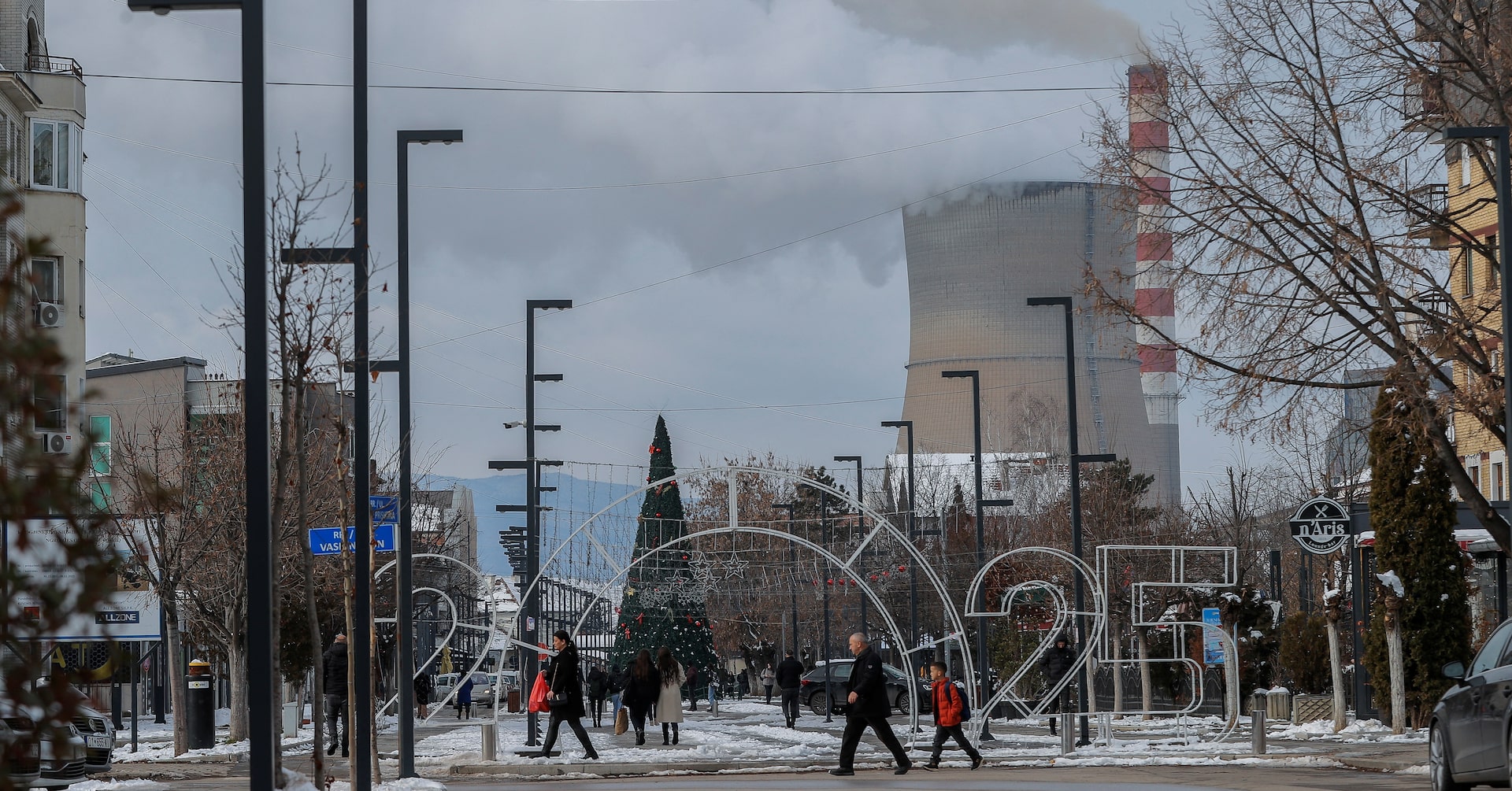Toxic Skies: How Balkan Pollution Is Choking Public Health and EU Ambitions

For three decades, Shemsi Gara's life was defined by the relentless rumble of heavy machinery and the suffocating cloud of coal dust. Day after day, he maneuvered massive diggers through the depths of Kosovo's coal mines, his weathered face a testament to years of exposure to toxic particles that slowly invaded his lungs and respiratory system.
But the environmental assault didn't end when Gara clocked out. His village, nestled in the shadow of the power plants fed by the very mine he worked in, became a constant victim of industrial pollution. Thick, noxious fumes billowed from the nearby facilities, creating a toxic atmosphere that followed workers home, blurring the lines between workplace and personal life.
Gara's story is more than just a personal narrative—it's a stark illustration of the human cost of industrial energy production, where workers and local communities bear the brunt of environmental and health consequences that come with powering modern society.
